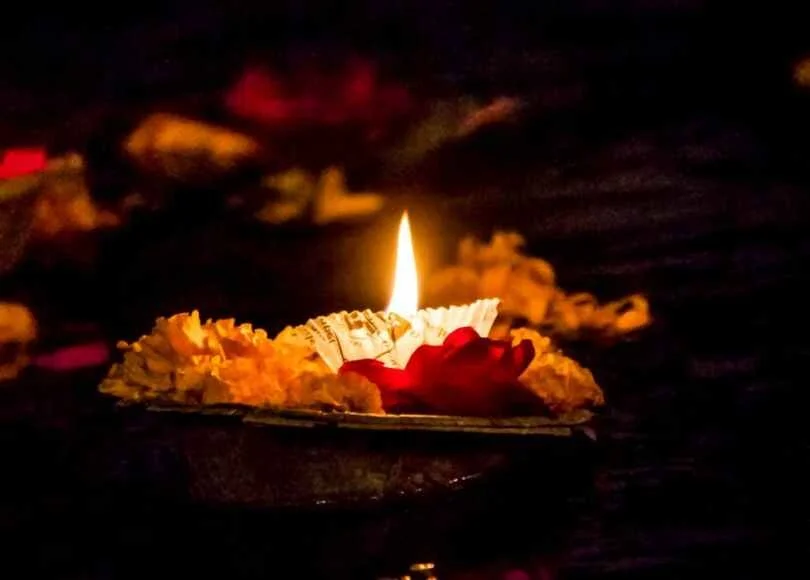“The feeling of awed wonder that science can give us is one of the highest experiences of which the human psyche is capable. It is a deep aesthetic passion to rank with the finest that music and poetry can deliver. It is truly one of the things that make life worth living and it does so, if anything, more effectively if it convinces us that the time we have for living is quite finite.”
― Richard Dawkins,
I haven't had a spare moment to write today until now unfortunately but I wanted to write a quick blog post. I've been thinking about "awe" lately. There was a time when the feeling of awe, the majesty of existence, was a natural feeling for me. I could see the beauty of the drift of autumn leaves in a light breeze or the wonder of the sunset over the ocean and feel appreciative that I existed even if I was suffering at the moment. And I was acutely aware of my own mortality, which strangely made me more appreciative for each moment.
I've somehow lost that feeling over the years. I think some of that is that I don't put in a conscious effort to feel that awe anymore. Not meditating as much as I used to is a big part of this. And the truth is it takes work and constant reminders to know that I am alive and that my experience is special. And to be honest, I feel like my iPhone has done unmitigated damage to me in that respect. I spend too much time looking at my screens (as I am now), and I forgot to look and enjoy the beauty of existence.












